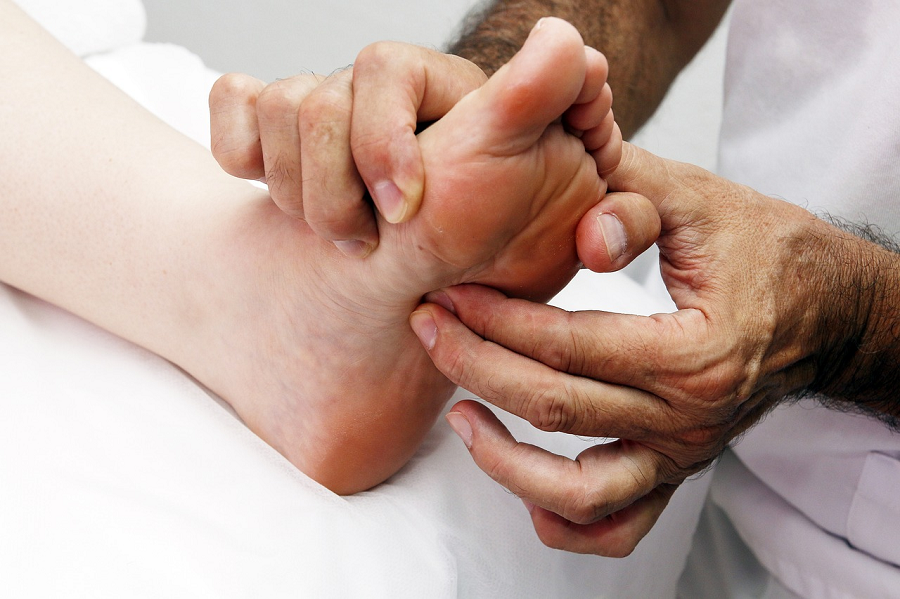Physical, Food, And Medication Information from Post Hammertoe Surgery
Foot Sensation
August 6, 2018Heel Pain: Causes, Prevention, and Treatments in Houston
September 14, 2018Following hammertoe surgery to straighten a toe that had been abnormally curled, the toe in question may end up becoming red, stiff, and swollen. Depending on the type of surgery that you had for your hammertoe, these symptoms can last anywhere between a few weeks to six months. The toe will over time improve gradually.
Following hammertoe surgery Houston, you will need to wear a special kind of shoe that will best protect your toe and keep it in the correct position momentarily. 2 weeks following the surgery, your doctor will remove the stitches. If your doctor put a pin to help straighten the toe as it heals, it must stay in for at least 3 weeks.

Here are a few tips on how to handle the post-surgery period of hammertoe surgery Houston, so that your foot can recover as fast as possible and that you can enjoy life in the least painful ways.
Physicality
Try to walk each and every day if you are capable. The goal is to try to walk a little bit more than the previous day. Gradually increase the time and distance that you walk. Walking is great, as it enhances blood flow, while also preventing conditions such as constipation and pneumonia. When you feel tired, always take a nap. Getting plenty of sleep will allow your foot to recover faster.
You will likely miss work for at least 1 to 4 weeks. It will be around 3 to 6 weeks for you to be able to stand or walk for a period of time. It can take around 4 to 6 weeks before you can drive a car again, unless your doctor directs you otherwise.
Unless directed otherwise, you should be able to shower. However, it is important to keep your bandage as dry as possible. If the bandage somehow comes off, wash your foot with warm water and then pat it dry.
Food
There should be no limits to what you can eat because of your surgery. If your stomach feels upset, however, you can eat food items that are low in fat, such as yogurt, rice, broiled chicken and toast.
You might notice that after surgery, your bowel movements will not be normal. This is to be expected. Try to avoid straining with the bowel movements. You might want to take a supplement of fiber every day. If you had not had a bowel movement for a number of days, consult with your doctor about taking a laxative.
Medicine
Your doctor should tell you when it would be appropriate to take medications. You also might be instructed to take new medications to alleviate the pain in your foot. Take these medications as prescribed. If you are not prescribed any pain medications, ask your doctor if over-the-counter medications can be taken.
If your doctor has prescribed antibiotics to you, also take them as directed. If you feel better, do not stop taking them, as you must take the entire prescription of antibiotics.
Be sure to talk to your doctor if you take blood thinners, such as aspirin or warfarin. He or she will give you a timetable for when those medications can be safe to take again. Be sure to let your doctor know that you understand fully what it is that he or she wants you to do.
If you believe that your pain medications make you sick, you should consider taking them following your meals, unless your doctor has told you otherwise. You can also ask your doctor for an alternative that he or she can give you.


